I'm attempting to download a png image from a secure site through R.
To access the secure site I used Rvest which worked well.
So far I've extracted the URL for the png image.
How can I download the image of this link using rvest?
Functions outside of the rvest function return errors due to not having permission.
Current attempts
library(rvest)
uastring <- "Mozilla/5.0 (Windows NT 6.1) AppleWebKit/537.36 (KHTML, like Gecko) Chrome/41.0.2228.0 Safari/537.36"
session <- html_session("https://url.png", user_agent(uastring))
form <- html_form(session)[[1]]
form <- set_values(form, username = "***", password="***", cookie_checkbox= TRUE)
session<-submit_form(session, form)
session2<-jump_to(session, "https://url.png")
## Status 200 using rvest, sucessfully accsessed page.
session
<session> https://url.png
Status: 200
Type: image/png
Size: 438935
## Using download.file returns status 403, page unable to open.
download.file("https://url.png", destfile = "t.png")
cannot open: HTTP status was '403 Forbidden'
Have tried readPNG and download.file on the url, both of which failed due to not having permission to download from a authenticated secure site (error: 403), hence why I used rvest in the first place.
